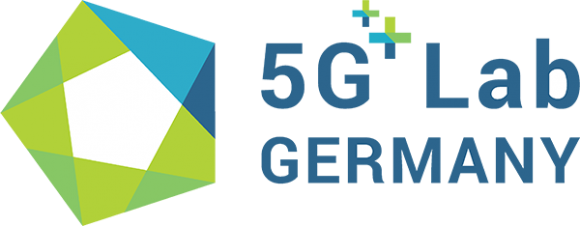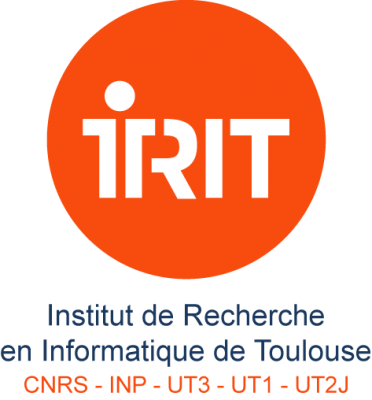Registrations are now open!
Registration page for IEEE CCNC 2020 is now online at http://www.cvent.com/d/zhql93.
Please register and upload your IEEE Xplore-compatible camera-ready paper(s) on EDAS by November 11, 2019
--------
Networked consumer devices and services can represent a technological and digital barrier for consumers with disabilities. At the same time, they can be exploited so as to become enabling tools for those users. The workshop addresses a range of research issues involving the accessibility of devices and services/content.
This workshop invites scientists, engineers and decision makers from government, industry and academia to present technical papers on their research and development results in areas of accessibility, including but not limited to the following topics:
- Accessible devices/assistive technologies
- Accessible services: e-learning, e-government, e-health, e-commerce, e-banking, etc.
- Accessible content: e-books, accessible TV, accessible broadcasting, etc.
ACCESSIBLE DEVICES/ASSISTIVE TECHNOLOGIES
Assistive technologies refer to all the assistive, adaptive, and rehabilitative devices for people with disabilities and promote greater independence by enabling people to perform tasks that they were formerly unable to accomplish, or had great difficulty accomplishing, by providing enhancements to, or changing methods of interacting with, the technology needed to accomplish such tasks. They can be exploited with alternative and non common way of interaction. They can be intended as hardware or software that can be used to equip a PC or other kinds of devices (smart phones, tables, interactive TVs, kiosks, gaming consoles, interactive boards, etc.). On the one hand, the widespread diffusion of new devices and technologies stimulate industries and researchers in finding and applying new solutions so as to make them accessible to anyone. On the other hand, experiences in the accessibility related fields have been exploited and have provided benefits to users equipped with non conventional devices when they emerged in the market (e.g. responsive designed interfaces provided benefits to mobile users equipped with devices with limited display size).
ACCESSIBLE SERVICES (E-LEARNING, E-GOVERNMENT, E-HEALTH, E-COMMERCE, E-BANKING, ETC.) AND ACCESSIBLE CONTENT (E-BOOKS, ACCESSIBLE TV, ACCESSIBLE BROADCASTING, ETC.
E-services and content often require specific technologies and can be bounded by specific constrains when they are accessed by people with disabilities equipped with assistive technologies. Particular interaction modalities may affect the interactive services access. Richness and quantity of content may affect the users' ability to process information. Moreover, due to contingent factors, everybody can become situationally impaired. Solutions may be designed and adopted to make e-services and content accessible, taking into account the use of new emerging devices.






